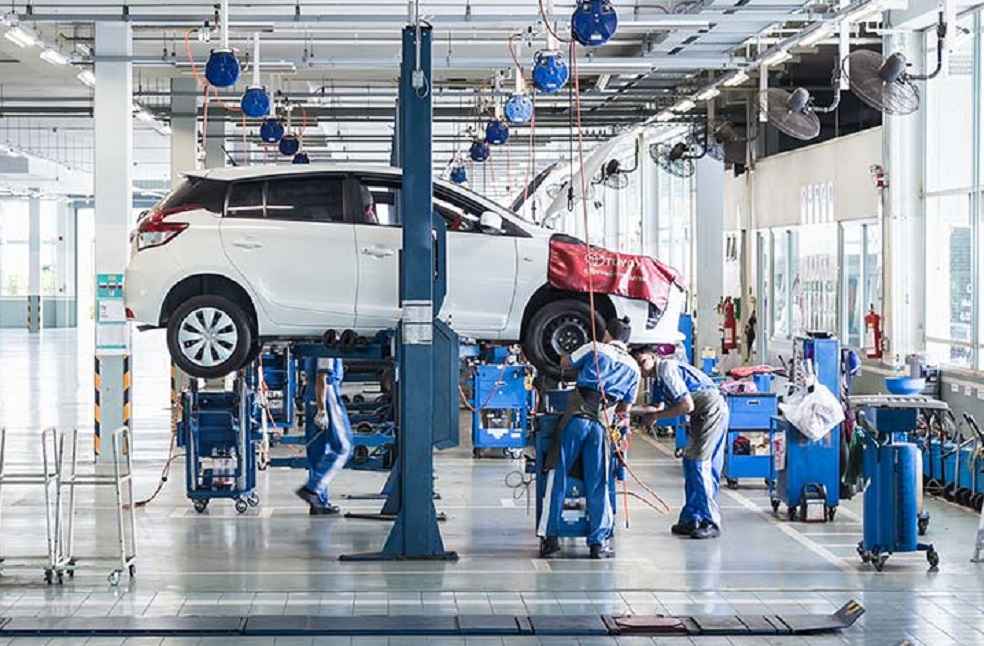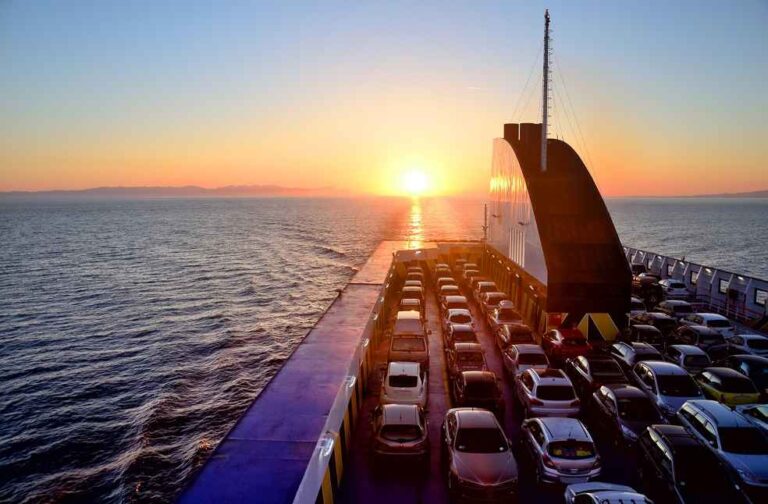Leading figures in Pakistan’s automotive industry announced plans to export locally assembled and manufactured vehicles, stressing the necessity of trade agreements with importing countries. Stakeholders, including Indus Motor Company and Pak Suzuki, urged the government to negotiate deals that ease tariffs and support export growth, aligning with the Auto Industry Development and Export Policy 2021-2026 (AIDEP).
AIDEP, introduced in 2021, sets ambitious targets for the industry, focusing on localization and initiating exports. This policy aims to phase out incentives for local car assemblers, creating an open market for new players. Indus Motor and Suzuki have formally announced their export plans, complying with the policy, while other companies are yet to follow.
Indus Motor Company plans to export models such as the Toyota Fortuner, Hilux, and Corolla Cross to Oceanian countries. This move aims to significantly boost Pakistan’s economy and elevate its status in the global automotive market.

Federal Minister Rana Tanveer expressed pride in Indus Motor’s achievements: “We are proud to see Indus Motor, one of Pakistan’s renowned companies, contributing towards exports. The government’s AIDEP 21-26 policy aims to boost the automotive sector by encouraging the export of localized parts and vehicles. IMC’s proactive approach sets a benchmark for others in the industry. We are committed to supporting the auto industry in every possible way.”
Kazunari Iguchi, representing Toyota, highlighted the partnership’s benefits: “The partnership with IMC has been immensely fruitful. At Toyota, we believe in building people before we build cars, and this step testifies to the improvement of skills and training of human resources in Pakistan. We look forward to continued collaboration and success, contributing to Pakistan’s growth.”
Ali Asghar Jamali, CEO of Indus Motor Company, remarked, “Seeing the ‘Make in Pakistan’ dream cross international borders is a significant moment for us and Pakistan. We thank all our stakeholders for their support and trust. Becoming part of Toyota’s global supply chain affirms our commitment to putting Pakistan on the world map and strengthening its economy. This step highlights our capability to compete globally, and we are confident our products will be well-received. Moving forward, we aim to make Pakistan’s auto industry a symbol of reliability and quality globally.”

Pakistan’s auto industry has long faced localization challenges. Historically, government incentives have allowed major players to dominate the market, stifling new entrants. Over the past two decades, five-year auto policies have sought to address these issues. The first policy aimed to protect localization by ensuring local investment, while the second policy (2011-2016) failed to increase competition, promoting the import of fully assembled cars instead. The third policy (2016-2021) was more successful in increasing competition but primarily attracted investments in the upper segment and SUV categories, neglecting lower segments.
In 2021, the government introduced incentives for new technologies such as hybrid electric vehicles (HEVs) and battery electric vehicles (BEVs). The CKD HEV incentive aimed to attract investment and technology upgrades in local vehicle manufacturing. As Pakistan’s auto industry takes these steps towards global integration, the call for supportive trade agreements grows more pressing.
LATEST | Porsche Expands in Central Europe with New Subsidiary in Poland





